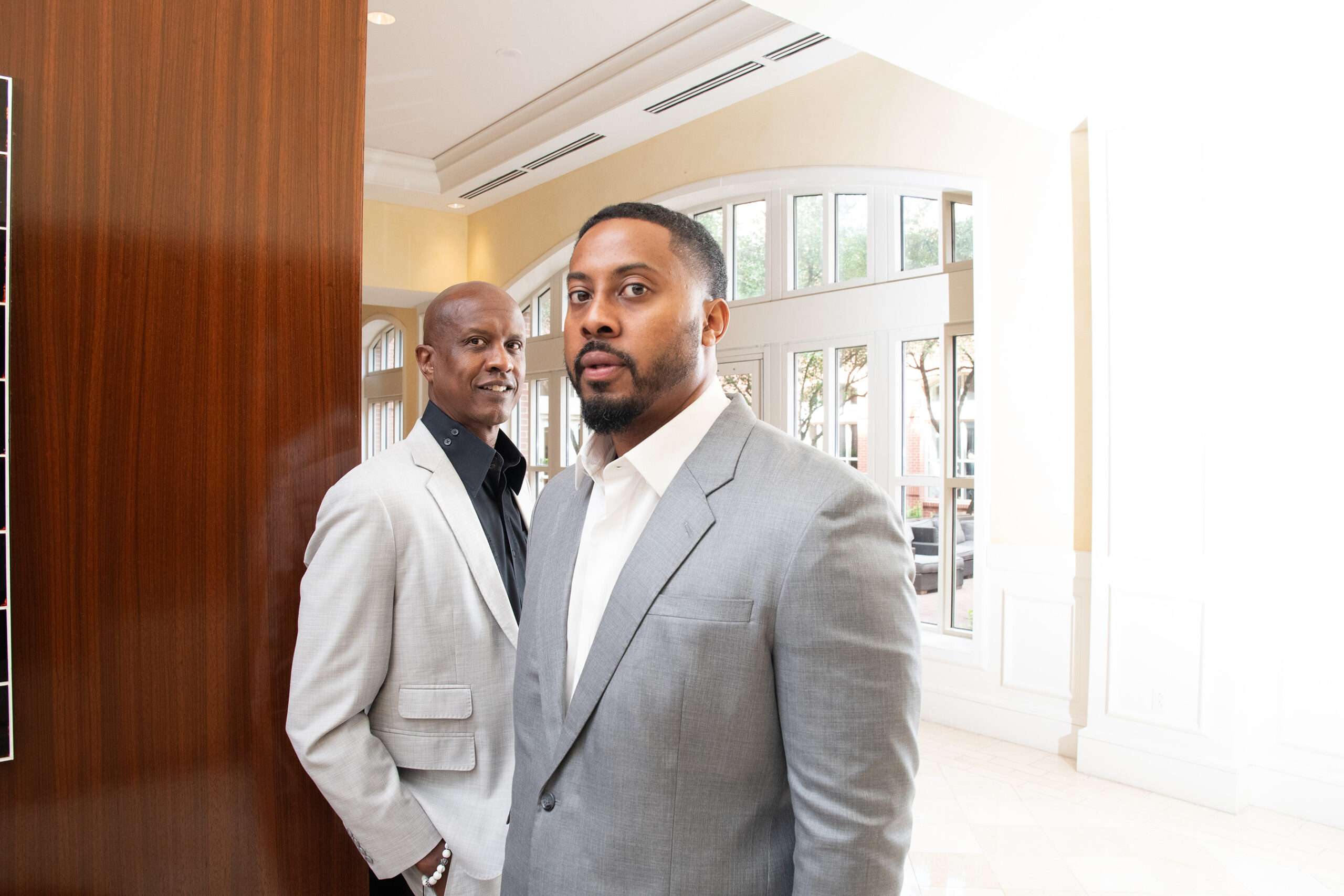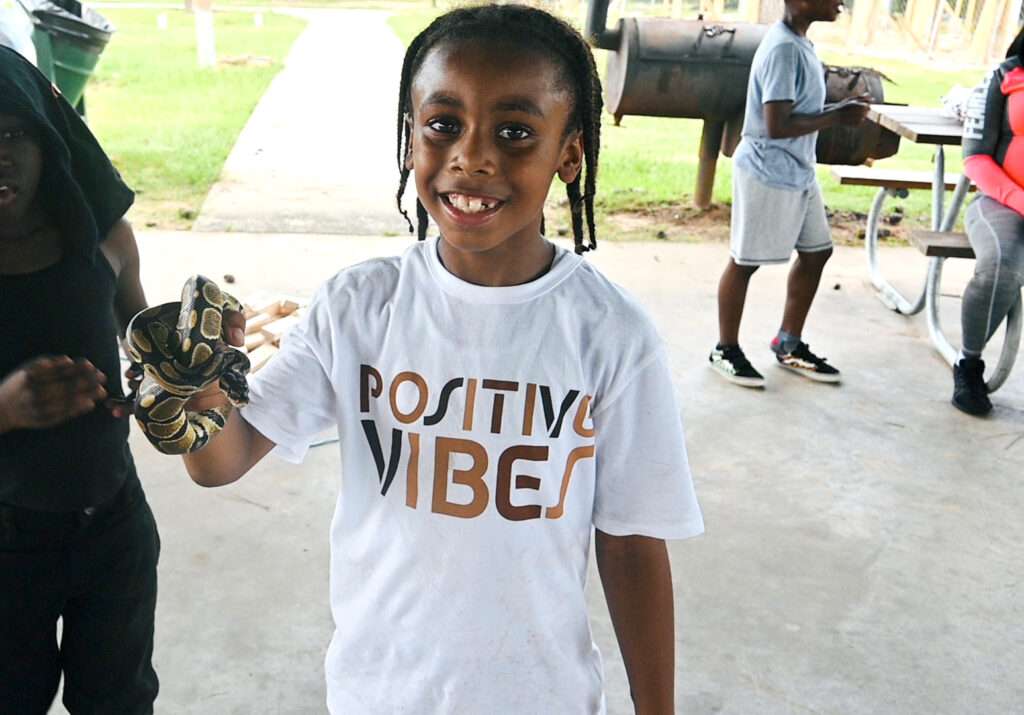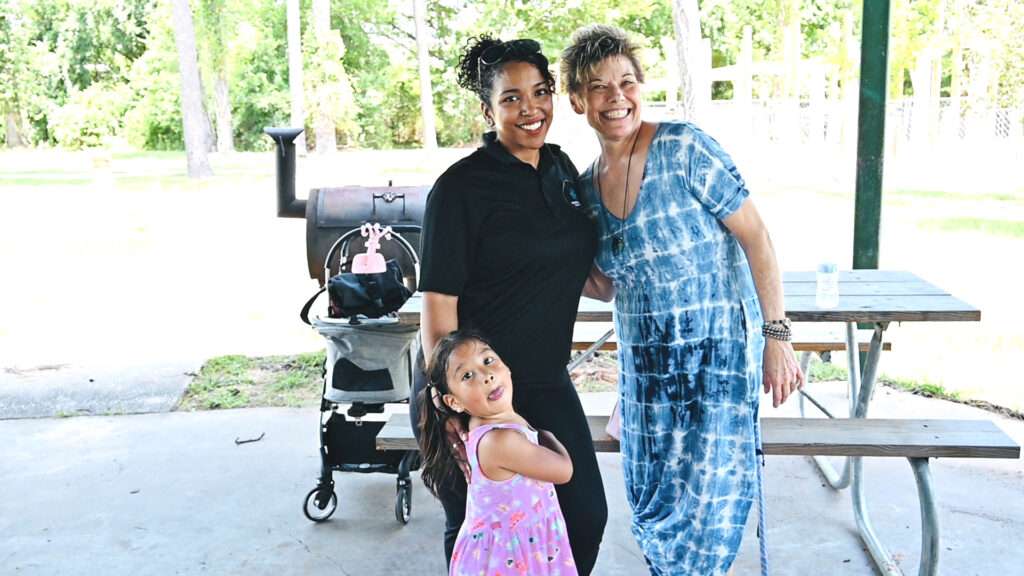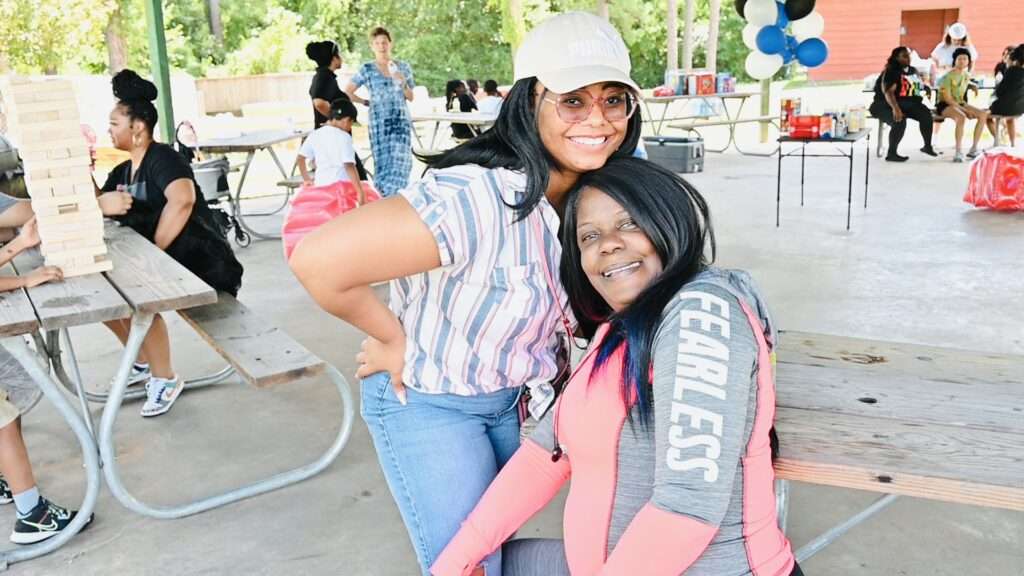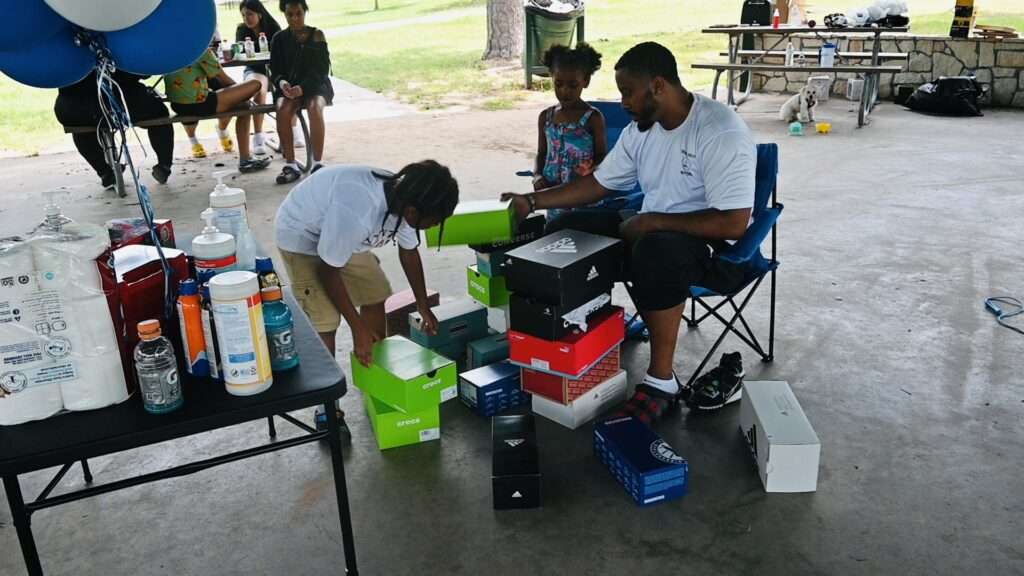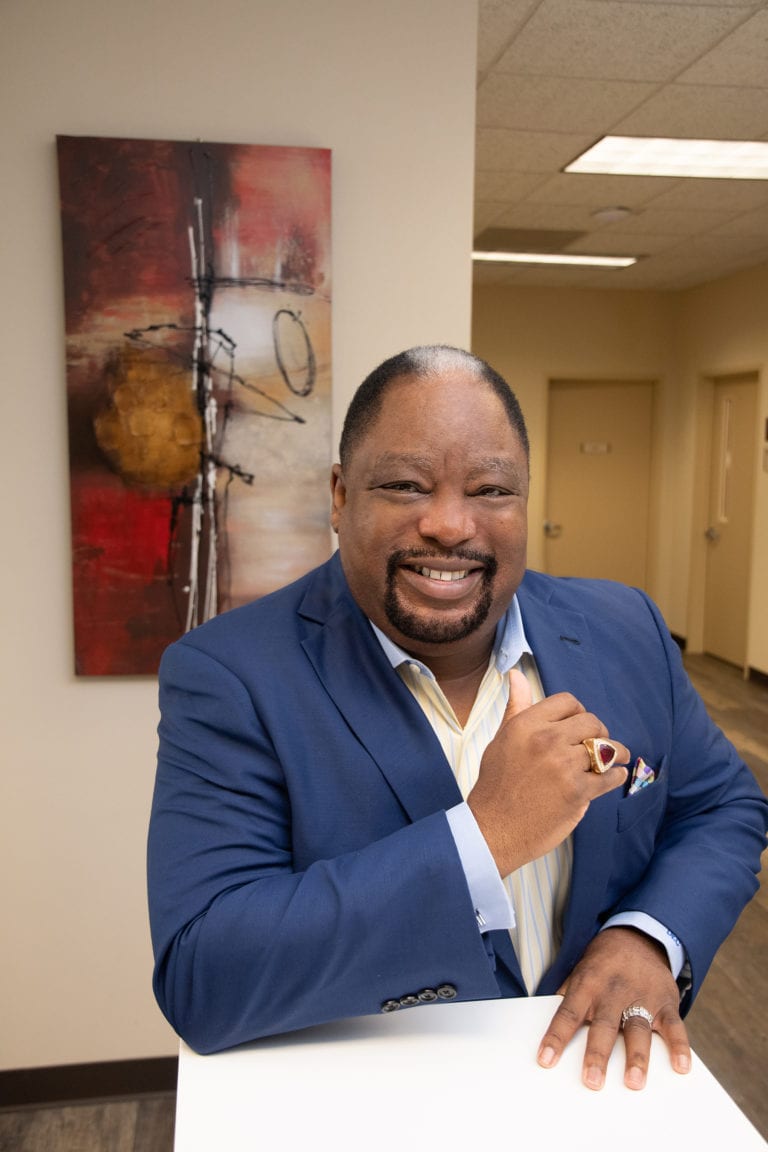“Learning is the outcome when victory is a perseverance.”
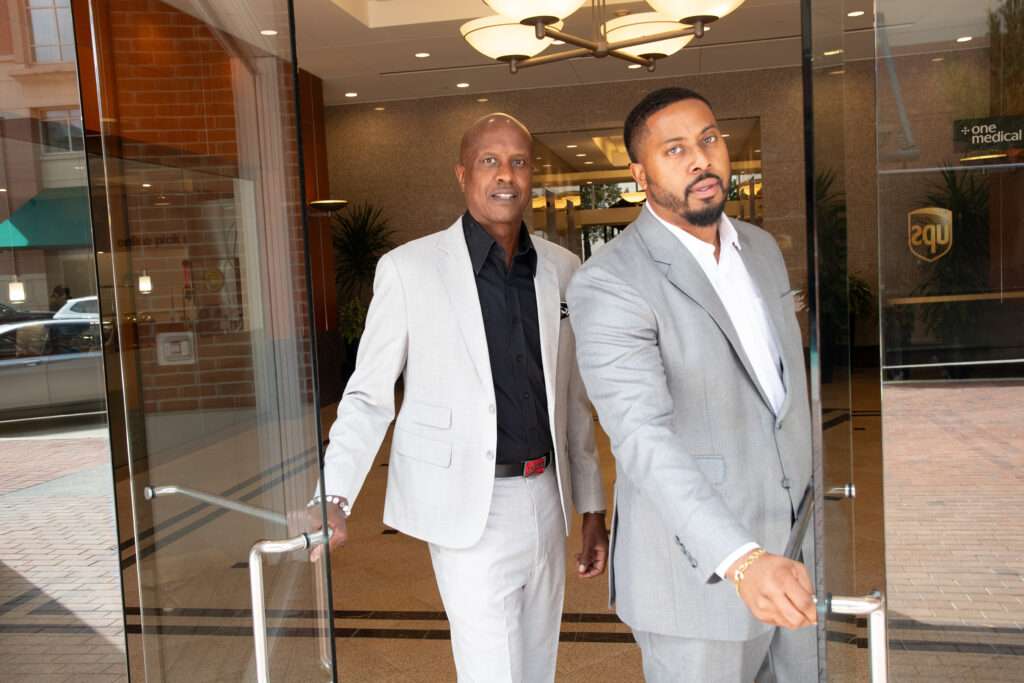
The mission of Winners Circle Group of Texas is to offer innovative and effective programs that empower special needs individuals, both children, and adults, as well as their families, to succeed. Our primary goal is to deliver top-notch mental health services, enabling individuals to develop their strengths and live healthy, productive lives.
During a meeting with the founders of Winners Circle Group, Mack Montgomery, and Reggie Barnes, it’s evident that their primary focus is on fostering the growth of individuals, particularly young men, women, and adults while prioritizing success.
Their aim was to create a pathway toward a better quality of life for those facing challenging circumstances beyond their control. The mission of WCGT is to ensure the achievement of these goals with high standards.
The organization’s practices are distinctive, but there are individuals who lack knowledge about WCGT, its activities, and the extent of its care services.
Winners Circle Group of Texas: Transforming Futures
Could you provide more information about the origins of Winner’s Circle?
Reggie Barnes, with his extensive 30 years of experience in mental health services, established Winner’s Circle. Drawing upon this expertise, he formulated his vision for the organization. Having previously founded similar companies in North Carolina and Virginia, Barnes and I reconnected four years ago to bring this vision to Texas. Through thorough research, relationship-building, and extensive planning, we have reached the point we are at today. During our meeting, you mentioned the utilization of mental health practicums.
How does Winners Circle train employers to address mental health concerns?
We have an internal training structure that ensures our Qualified Mental Health Professionals are fully qualified in accordance with Texas state regulations before they begin working with clients. Moreover, we provide additional training to effectively serve the children in foster care that we work with. New hires are given opportunities to shadow experienced professionals to ensure their comfort when engaging with clients. Winner’s Circle specializes in offering programs designed to enhance the lives of special needs children and adults, promoting their overall well-being.
What are the requirements for enrolling a child or adult in one of your existing programs?
To enroll in our program, children must have a pre-existing diagnosis. Our licensed clinicians can provide a diagnosis following a referral for a comprehensive biopsychosocial evaluation. Additionally, we are a preferred provider of Superior insurance, meaning that any child with a diagnosis and Superior insurance can qualify for our program.
Is there a greater proportion of adults requiring assistance compared to children? Or what findings have been made regarding the distribution of the organization’s statistics, figures, and demographics?
The demand for mental healthcare among adults is substantial. However, our focus has primarily been on children. Currently, we cater to individuals aged 3-21. With over 15,000 children in foster care and a significant number of children who have been adopted, our efforts have been concentrated on meeting this specific need. Nevertheless, adults are not disregarded. As we continue to expand, our intention is to introduce adult services into our program.
The effectiveness of special needs programs can vary significantly depending on various factors, including the type of program, the specific needs of the children, the resources available, and the level of parental involvement.
Provide us with more information about your program(s), including the focus and the effectiveness you have observed as evidence of the group’s success.
Our program centers on building relationships. We believe that the time spent with children is an invaluable resource. By following a calculated individual service plan, we have witnessed remarkable success stories. Our approach has resulted in a decrease in problem behaviors across all areas that we serve. Additionally, our wraparound approach to supporting foster families has proven to be effective, as we connect them with a wide range of community resources. We are committed to further helping the community through various activities. One of our goals is to see the children graduate from high school and continue their education.
How do you define “success”? Have you established specific criteria for measuring it?
Success can take many forms. For us, it means seeing children with challenging behaviors graduate from high school. It means enabling them to attend and participate in school without having to be sent to alternative programs. It means being able to aid and resolution in crisis situations. Success also involves equipping foster homes with necessary resources that would otherwise go untouched, as well as helping children open to past trauma and rebuild trust. Moreover, we consider it a success when we can find stable placements for ‘high-level’ children who would otherwise be moved from one place to another.
Can you describe the difficulties you have faced that may have caused doubts and required you to reassess your approach?
We have not encountered any challenges that would lead us to doubt our passion for helping young people or the need for mental health services. However, some of the challenges we have faced include foster parents who are hesitant to fully embrace our program, case managers or organizations that are consumed by their day-to-day responsibilities and only send referrals when a crisis occurs, and overall skepticism towards mental health practices. Some foster homes perceive our presence as burdensome, considering the multiple entities already involved in their lives. However, we have been able to overcome this by explaining our purpose and emphasizing our support for their households. Another challenge stems from the overwhelming number of children in foster care, leading to overloaded case managers and agencies with high turnover rates. As a result, there may be a lack of follow-through in sending referrals and initiating services for the youth. Mental health is a crucial aspect of our organization’s advocacy.
Mental Health Statistics in the U.S. Reports
- Texas has a severe shortage of child and adolescent psychiatric care providers, leaving many children untreated. Mental health disorders and behavioral problems are much more common among children in the U.S. than they were previously thought to be. According to the Health Resources and Services Administration, between 2016 and 2020 there was a 29% increase in children aged 3-17 diagnosed with anxiety and a 27% increase in those diagnosed with depression. This equates to about 7.7 million children annually, per UT Health School of Public Health.
Montgomery says working with the company has helped change his level of empathy, “I’ve always been passionate about helping people. I think that one thing that has changed about me is not being so quick to judge, he said.
“I try not to judge people anyway because the Bible says not to judge people. But I think sometimes we inherently do judge people based on maybe what they look like and experiences they went through,” Montgomerey explained.
“But one thing that I have learned is that you never know what that child has been through. To me, it doesn’t matter the behaviors that they’re exhibiting at this moment. We don’t know the backstory. We know what people might have said the backstory was, but nobody’s been with that child for 24 hours.”
What do you want the audience to know about the Winter Circle, from your perspective, and why is it a great place to go to seek help and assistance?
For the clients that come into our care, we provide individual service plans, so we work on every kid as an individual. It’s not a group, it’s not any of that. We don’t use the same method in any given situation because everybody has different things that they need to work on. We have baselines in which we do that, but through our individual service plans, I think that it’s more individualized, so we can meet the need of any diagnosis that a kid has. So, from the client side, I want the audience to know that.
If you could pick a quote that describes the WCGT, what would it be and why?
I think the connotation speaks for itself. But if I wanted to say a quote, there’s no losing. Reggie always says, if I’m not winning, I’m learning. So that’s really what we kind of base the company off of because anything that goes wrong is a learning experience, any sort of problem, so there are no losses. They’re just learning experiences. I think by having that mindset and just being more solution-based, we can solve problems as opposed to just soaking in the negative. Right. So that’s what I would say.
The company’s focus on mental health and fostering youth and young adults doesn’t stop there. With a recent conference under their belt, Montgomery detailed the event saying,
“We had ‘healthy’ men around to help spread positive life into those who haven’t had constant or consistent fixtures of male role models in their lives. It’s important to see pieces of young men who need guidance be a fixture.”
Author Name
As for young ladies, sex trafficking and domestic abuse are just a few of the cases the company takes on in addition to children (young adults) being removed from their homes.
“I’m very mindful to, I guess, sort of be empathetic towards their circumstance because it had to be a reason that they got into foster care. They had to be removed from their homes because of something bad that happened,” he said. “So, something that the state deemed that they needed to investigate, and it was bad enough for them to go into foster care. So, I think I’m very mindful of kids’ previous experiences, more so than I ever was, for sure, because you just never know what a kid has been through.”
WCGT is dedicated to delivering excellent service and is committed to supporting individuals and families seeking stability and nourishment.
The company currently operates in four Texas cities – Houston, Midland, Duncanville, and Tyler – with plans for expansion. For further details on our efforts to assist those in need, please visit WinnersCircleGroupOfTexas.com.

